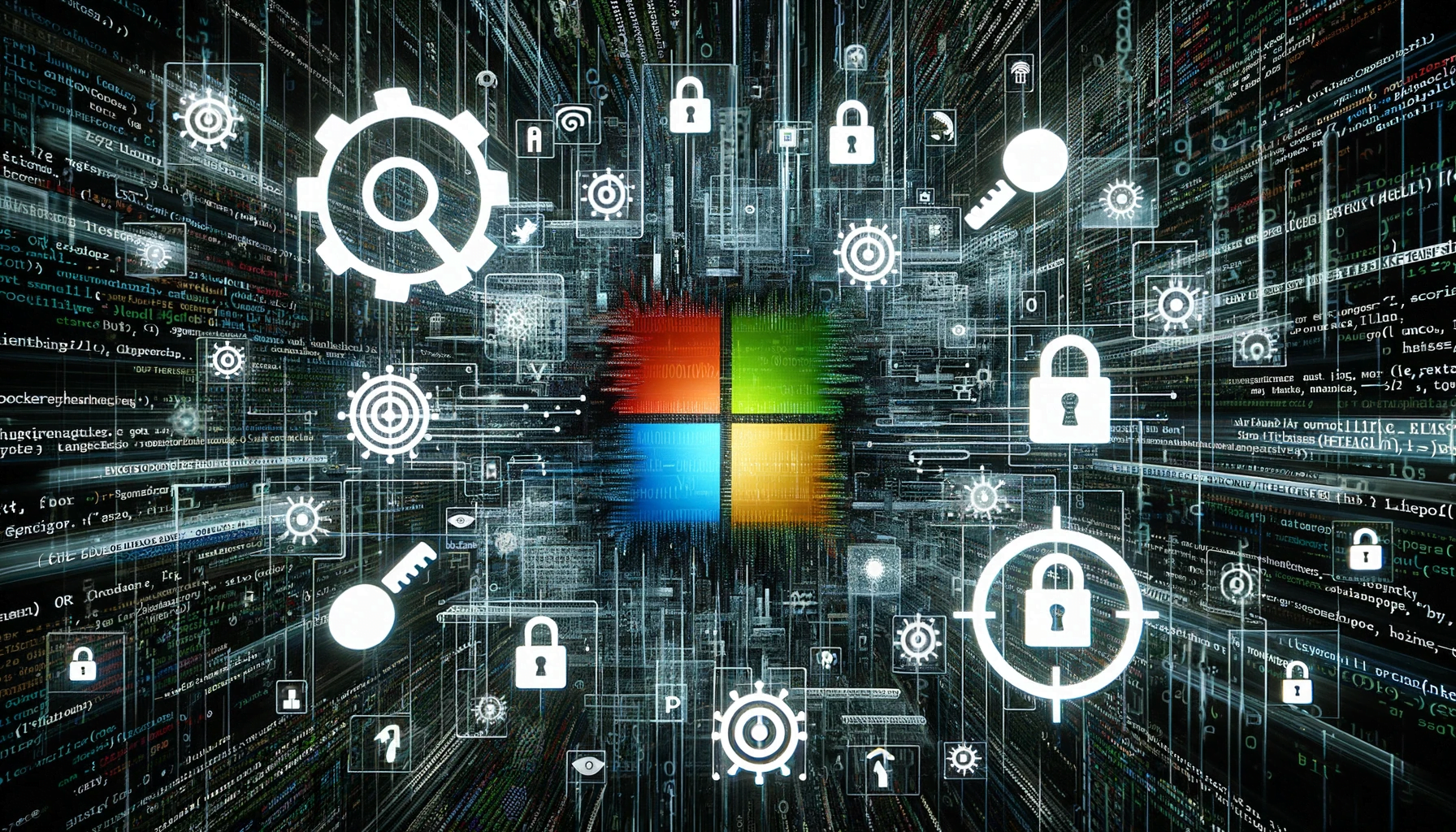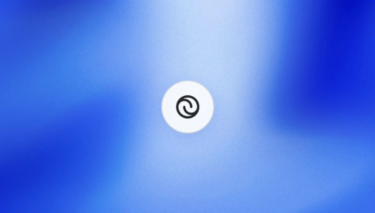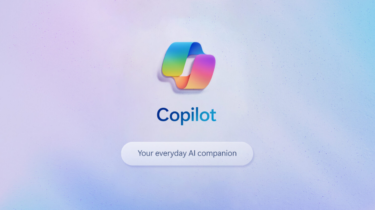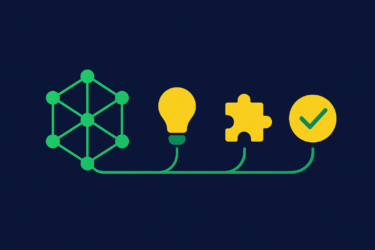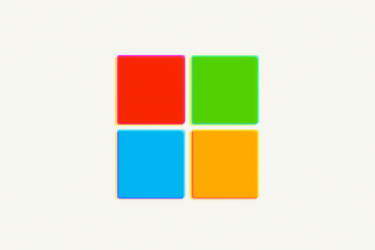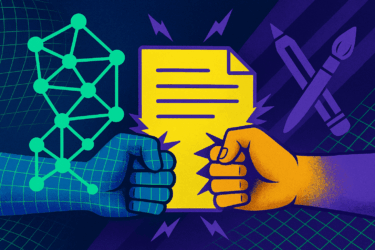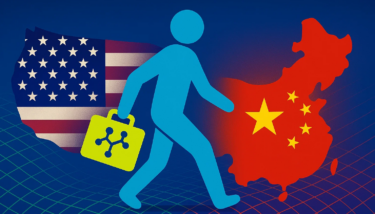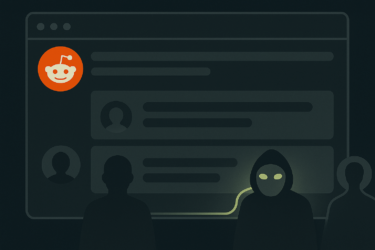Microsoft has launched a new AI bug bounty program that offers rewards ranging from $2,000 to $15,000 for security researchers who uncover vulnerabilities in Bing AI products.
The first eligible product is the Bing AI-powered suite, including Bing Chat, Bing Chat for Business, Bing Image Creator, and Bing's AI integrations with the Microsoft Start app and Skype Mobile app.
Microsoft is looking for "prompt injection" attacks, that also affect OpenAI's GPT-4, false or offensive chat messages, and suspected code and system prompt leaks, among other vulnerabilities.
These can be reported through the MSRC Researcher Portal, and questions can be directed to bounty(at)microsoft.com. Rewards are based on the severity and quality of the vulnerabilities found. For more information, visit the Microsoft AI Bounty Program Website.
Bing Chat has a rough start
The launch of the program follows a series of glitches that have plagued Bing Chat since its introduction in February. Microsoft was apparently aware of these flaws before the launch but decided to go ahead anyway.
A study by AlgorithmWatch shows that Bing Chat provides incorrect information in connection with elections. Despite this unreliability, Microsoft continues to offer the chat as a source of information. Microsoft has also hijacked Bing Chat for unlabeled advertisements for its products.
Bing Chat became generally available in May 2023. Microsoft is expanding Bing Chat similarly to OpenAI's ChatGPT, adding new features such as image responses, chat history, and plugins to evolve Bing Chat from a product to a platform.
Microsoft has integrated Bing Chat into its Edge browser and other browsers and offers an enterprise version. Plugins like OpenTable or Wolfram Alpha are designed to help with more complex tasks like restaurant reservations and math, similar to ChatGPT's plugin concept.
Specifically, Microsoft wants to position Bing Chat as a "co-pilot for the web," challenging Google's dominance in search and potentially creating a new content ecosystem. But Microsoft CTO Kevin Scott recently told The Verge's Nilay Patel that they've only made "small market share gains" so far, though they've done so "in ways that we hadn't seen before."
Microsoft CEO Satya Nadella was less enthusiastic when he called his optimistic remarks about Bing Chat earlier this year in an antitrust case against Google "exuberance." Nadella talked about how Microsoft could hope to increase its market share from three percent to 3.5 percent, and that AI could also further strengthen Google's market dominance.
